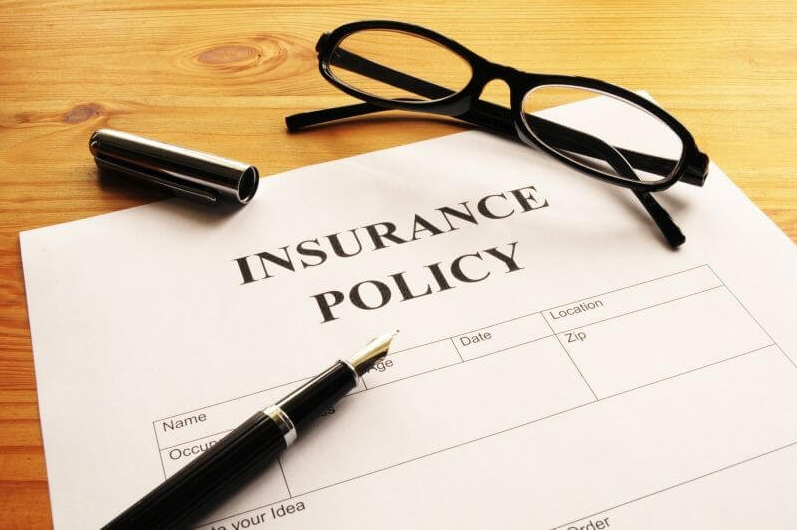How to Choose the Right Insurance Policy: A Beginner’s Guide
How to Choose the Right Insurance Policy: A Beginner’s Guide
Insurance plays a crucial role in protecting you from unexpected financial losses. Whether it’s health, life, auto, home, or travel insurance, having the right policy can give you peace of mind and financial stability. However, for beginners, choosing the right insurance policy can feel overwhelming due to the number of options, jargon, and fine print.
This guide is designed to help beginners navigate the insurance buying process with confidence and clarity.
1. Understand What Insurance Is and Why You Need It
At its core, insurance is a contract between you and an insurance provider. You pay regular premiums, and in return, the insurer agrees to cover certain financial risks. These could be related to:
- Medical emergencies
- Car accidents
- Damage to property
- Loss of life
- Travel mishaps
Insurance acts as a financial safety net, helping you manage unexpected expenses without draining your savings.
2. Identify Your Coverage Needs
Before buying any policy, assess your personal situation. Ask yourself:
- Do you have dependents relying on your income?
- Do you drive frequently or own a vehicle?
- Do you travel often?
- Do you rent or own a home?
- Do you have a history of health issues?
Understanding your lifestyle, financial responsibilities, and risk factors will help you determine which types of insurance you need—whether it’s health, life, auto, home, or travel insurance.
3. Know the Different Types of Insurance
Here’s a brief overview of common insurance types:
- Health Insurance: Covers medical expenses including doctor visits, hospitalization, surgery, and prescription drugs.
- Life Insurance: Provides financial support to your family in case of your untimely death.
- Auto Insurance: Covers damage to your vehicle, third-party liability, and personal injury from accidents.
- Home Insurance: Protects your property and belongings against fire, theft, natural disasters, and liability.
- Travel Insurance: Covers trip cancellations, medical emergencies abroad, lost luggage, and more.
Each type serves a different purpose. Choose based on your lifestyle and risk exposure.
4. Set a Realistic Budget
Insurance is an ongoing financial commitment. Make sure you choose a policy that fits your monthly or annual budget.
Don’t just go for the cheapest policy. Low premiums may mean limited coverage or high deductibles (the amount you pay out-of-pocket before insurance kicks in). Strive for a balance between affordability and adequate protection.
5. Compare Policies from Different Providers
Not all insurance providers offer the same terms, even for similar coverage. Use comparison websites or speak to licensed brokers to:
- Compare coverage details
- Check policy exclusions
- Review premium costs and payment terms
- Look into customer service reviews
In 2025, many digital platforms offer AI-powered comparisons that can match your profile to the best policies in real time.
6. Understand Policy Terminology
Insurance policies can be loaded with industry-specific jargon. Here are a few key terms you should know:
- Premium: The amount you pay for insurance (monthly, quarterly, or annually)
- Deductible: What you pay before the insurer starts covering your claim
- Coverage Limit: The maximum amount the insurer will pay for a covered loss
- Co-pay: A fixed fee you pay for covered services (common in health insurance)
- Rider: An add-on to your policy that covers additional risks (e.g., critical illness, maternity cover)
Always ask your agent or provider to explain any confusing terms in simple language.
7. Check for Exclusions and Limitations
Every insurance policy has exclusions—events or conditions that are not covered. For example:
- A health insurance plan might not cover cosmetic procedures.
- An auto insurance policy may not include damage from natural disasters unless specified.
- Travel insurance often excludes trips taken against government advisories.
Reading the fine print is essential to avoid surprises when filing a claim.
8. Evaluate the Insurance Provider
You want an insurance company that’s financially stable and has a reputation for handling claims fairly. Consider the following when evaluating providers:
- Financial Ratings: Check ratings from agencies like A.M. Best or Standard & Poor’s.
- Claim Settlement Ratio: This indicates how many claims the company approves versus rejects.
- Customer Reviews: Online platforms, Google reviews, and forums can give insight into the provider’s customer service and claim-handling speed.
- Availability of Digital Tools: Companies with user-friendly apps or websites can make managing your policy much easier.
9. Consider Your Life Stage and Future Plans
Your insurance needs change as you grow older. A 25-year-old student and a 45-year-old parent will have very different needs.
Here’s a quick guide:
- 20s: Focus on health, auto, and basic term life insurance.
- 30s: Add life insurance and possibly home insurance if you buy property.
- 40s–50s: Evaluate long-term care, increase life insurance for dependents.
- 60s and beyond: Prioritize health and long-term care coverage.
Make sure your policy is flexible enough to adjust as your life evolves.
10. Review Your Policy Annually
Choosing the right insurance is not a one-time event. Your income, health, assets, and personal circumstances can change each year. Make it a habit to review your policy annually:
- Update coverage limits if your income or asset value increases.
- Drop unnecessary riders or add new ones based on life changes.
- Shop around to see if you’re still getting the best deal.
Staying proactive helps ensure you’re always well protected without overpaying.
Final Thoughts
Choosing the right insurance policy may seem complicated, but with the right approach, it becomes much simpler. Take your time to understand your needs, learn the basics, compare options, and choose a policy that offers both value and peace of mind.
As a beginner, don’t hesitate to ask questions or seek advice from professionals. Insurance is more than just a financial product—it’s your backup plan for life’s unexpected moments. Choose wisely, and your future self will thank you.










